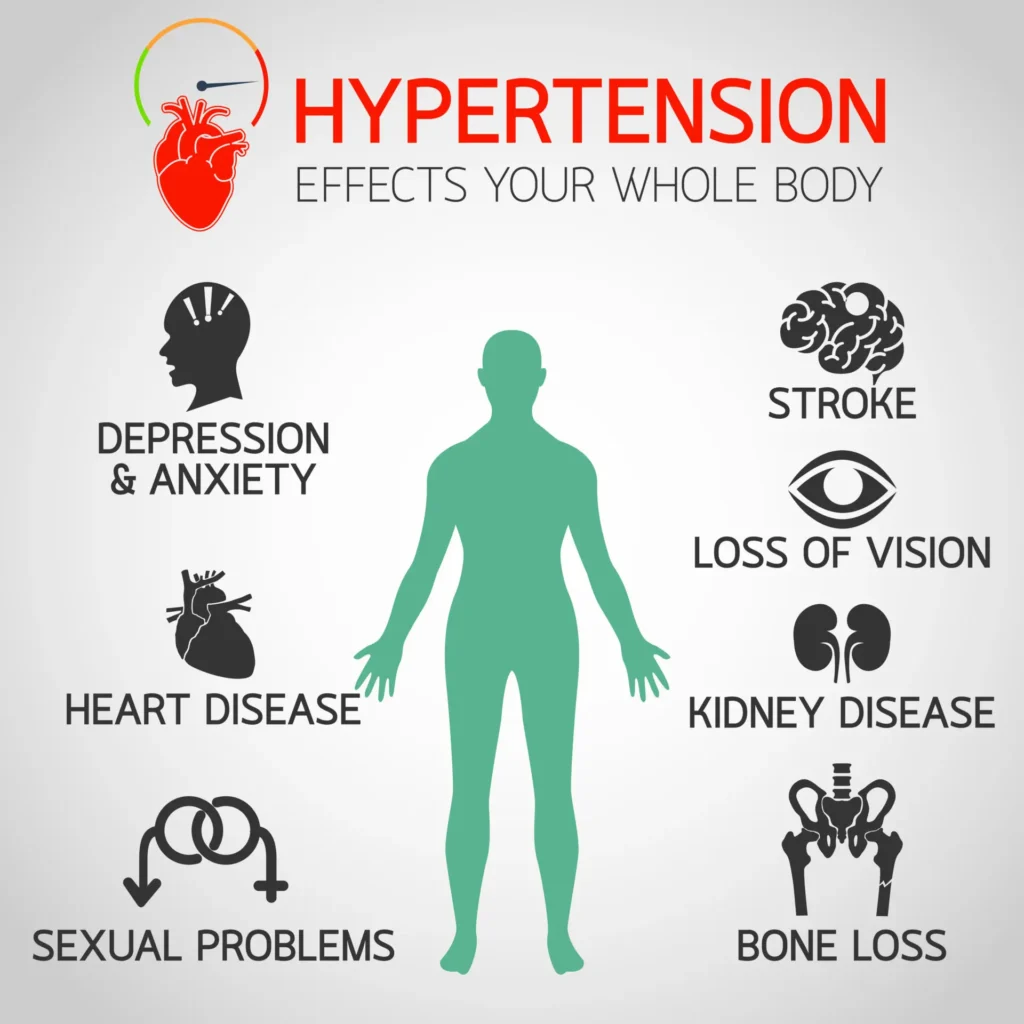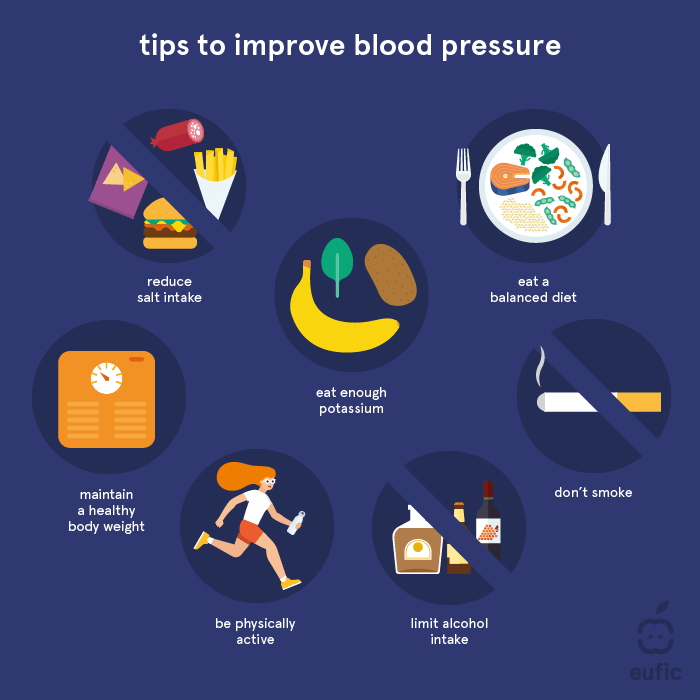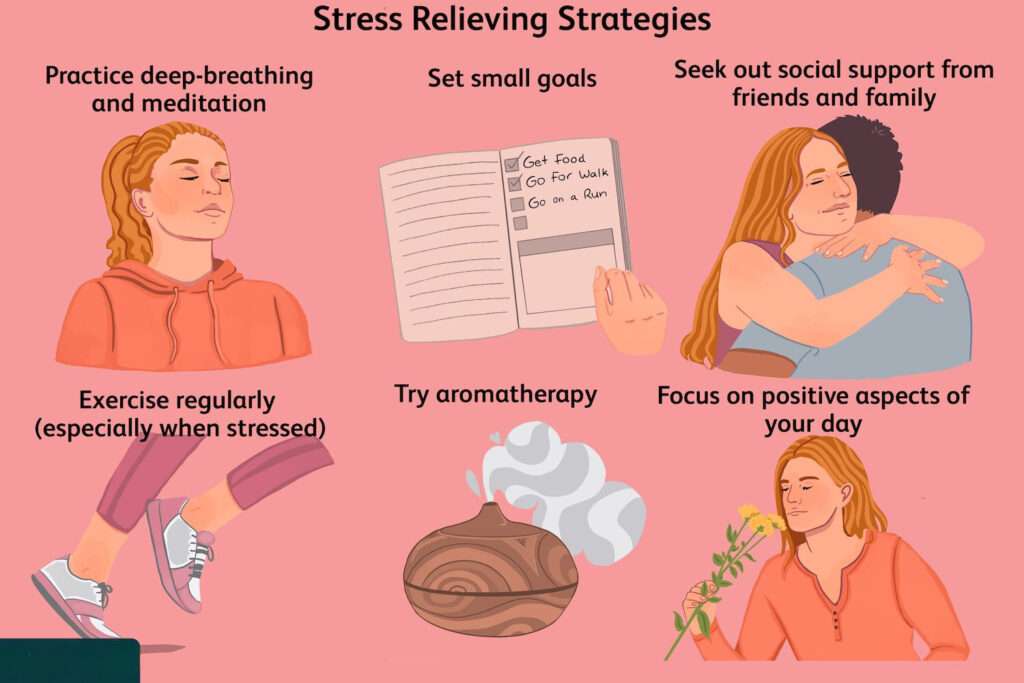A cardiac condition is not hypertension. On the other hand, you should not disregard hypertension because it might be a significant risk factor for heart disease.
“There is a strong link in terms of your heart between coronary artery disease and hypertension,” OSF HealthCare Cardiovascular Institute physician Kavitha Kalvakuri, MD, stated. Hypertension can hasten the development of blockages and coronary artery disease. Another effect of uncontrolled is the weakening of the cardiac muscle.
Consider the heart as the horse and blood pressure as the mountain. The other needs to work harder, the higher one is.
Increased strain on the vessel walls might harm them and facilitate the accumulation of plaque, which can lead to a potentially fatal obstruction. It also makes your heart hurt.
Table of Contents
How do I know if I have hypertension?
A cardiac condition is not hypertension. On the other hand, you should not disregard it because it might be a significant risk factor for heart disease.
“There is a strong link in terms of your heart between coronary artery disease and hypertension,” OSF HealthCare Cardiovascular Institute physician Kavitha Kalvakuri, MD, stated. can hasten the development of blockages and coronary artery disease. A further effect of uncontrolled hypertension is the weakening of the cardiac muscle.
Consider the heart as the horse and blood pressure as the mountain. The other needs to work harder, the higher one is.
Increased strain on the vessel walls might harm them and facilitate the accumulation of plaque, which can lead to a potentially fatal obstruction. It also makes your heart hurt.
Causes of Hypertension

Genetics
- A family history of high blood pressure increases your risk, indicating a genetic predisposition.
Poor diet
- Diets high in salt, fat, and cholesterol can contribute.
Lack of physical activity
- Inactivity leads to weight gain and higher blood pressure.
Obesity
- Excess weight requires more blood to supply oxygen and nutrients to tissues, increasing the pressure on artery walls.
Excessive alcohol consumption
- Drinking too much alcohol can raise your blood pressure to unhealthy levels.
Stress
- Chronic stress can contribute to high blood pressure by causing hormonal changes that constrict blood vessels.
Smoking
- Tobacco use raises blood pressure and damages blood vessels.
Symptoms of Hypertension
Often called the “silent killer,”typically doesn’t show any signs until significant damage has been done. Some people may experience headaches, breathing issues, or nosebleeds. However, these are general symptoms that usually manifest only when hypertension has reached a potentially fatal level.
Risks Associated with Hypertension
The risks of renal disease, heart disease, and stroke are increased by hypertension. In addition, it may trigger other dangerous illnesses, including metabolic syndrome, heart failure, and aneurysms. Regular blood pressure monitoring is essential for reducing these risks.
Diagnosing
A sphygmomanometer is used to measure blood pressure in order to diagnose The two figures in a blood pressure reading are the diastolic and systolic pressure. When the measurement is 140/90 mm Hg or more, hypertension is present.
Treatment Options for Hypertension
Treating involves lifestyle changes and medication. Lifestyle changes include adopting a healthier diet, reducing salt intake, increasing physical activity, and limiting alcohol consumption. Medications like diuretics, ACE inhibitors, and beta-blockers are often prescribed to help control high blood pressure.
Preventing
Prevention is key to managing hypertension. Maintain a balanced diet rich in fruits, vegetables, and whole grains. Regular exercise, maintaining a healthy weight, and avoiding tobacco and excessive alcohol can significantly reduce the risk of developing high blood pressure.

A level diet rich in fruits, vegetables, and whole grains
- Eating plenty of fruits, vegetables, and whole grains helps maintain healthy blood pressure levels.
Regular exercise
- Physical activity strengthens your heart, allowing it to pump blood more efficiently and reducing pressure on arteries.
Maintaining healthy weight
- Keeping a healthy weight reduces strain on your heart and arteries.
Avoiding tobacco and excessive alcohol
- Not smoking and limiting alcohol intake can significantly lower your blood pressure.
The Role of Diet in Managing Hypertension
- A diet rich in potassium, magnesium, and fiber helps control blood pressure
- Potassium, magnesium, and fiber play key roles in blood pressure regulation.
- Include fruits, vegetables, lean proteins, and whole grains
- A diet that includes these foods provides essential nutrients without the excess fat and cholesterol that can raise blood pressure.
- Limit saturated fats, cholesterol, and refined sugars
- Reducing these elements helps maintain healthy blood pressure.
The DASH Diet
- Emphasizes nutrient-rich foods
- The DASH diet focuses on foods high in nutrients and low in sodium.
- Reduces salt, red meat, and sweets
- Cutting back on these helps lower blood pressure and improve overall health.
- Can lower blood pressure within weeks
- Studies have shown that following the DASH diet can result in noticeable blood pressure reductions in a short time.
Importance of Regular Exercise
- Aim for at least 150 minutes of moderate aerobic exercise or 75 minutes of vigorous exercise weekly
- Regular exercise is crucial for cardiovascular health and can significantly lower blood pressure.
- Activities: walking, jogging, cycling, swimming
- These forms of exercise are effective at reducing hypertension and improving heart health.
Stress Management Techniques
- Adopt stress management techniques: yoga, meditation, deep breathing, and mindfulness
- These practices help reduce stress, which can lower blood pressure.
- Ensure adequate sleep
- Good sleep hygiene is essential for overall health and can help manage blood pressure.

Monitoring Blood Pressure at Home
- Regular monitoring can detect changes early
- Keeping track of your blood pressure at home helps identify problems before they become serious.
- Home blood pressure monitors are easy to use
- These devices are widely available and user-friendly.
- Keep a log for healthcare provider
- Recording your readings provides valuable information for your doctor to manage your condition effectively.
When to Seek Medical Attention
- High blood pressure readings
- If your readings are consistently high, seek medical advice.
- Severe headaches, chest pain, shortness of breath, vision problems
- These symptoms could indicate a hypertensive crisis and require immediate medical attention.
When to Seek Medical Attention
- High blood pressure readings
- If your readings are consistently high, seek medical advice.
- Severe headaches, chest pain, shortness of breath, vision problems
- These symptoms could indicate a hypertensive crisis and require immediate medical attention.
Supporting a Loved One with Hypertension
- Encourage healthy lifestyle choices
- Help your loved one make positive changes in their diet and activity levels.
- Join in physical activities, help prepare healthy meals, remind about medications
- Being supportive and involved can make it easier for them to manage their condition.
- Provide emotional support and understanding
- Emotional support is crucial for coping with the stress of managing a chronic condition.
Final Thoughts
- Hypertension is manageable with the right approach
- Understanding and addressing the condition can lead to successful management.
- Understand causes, recognize symptoms, and commit to a healthier lifestyle
- Awareness and proactive measures are key to controlling blood pressure.
- Regular check-ups, a balanced diet, physical activity, and stress management are key
- Consistency in these areas is essential for maintaining healthy blood pressure.
- Stay informed, and active, and take proactive steps to protect heart health and overall well-being
- Being proactive about your health can prevent complications and improve your quality of life.

1 thought on “Hypertension is not a type of cardiovascular disease.”